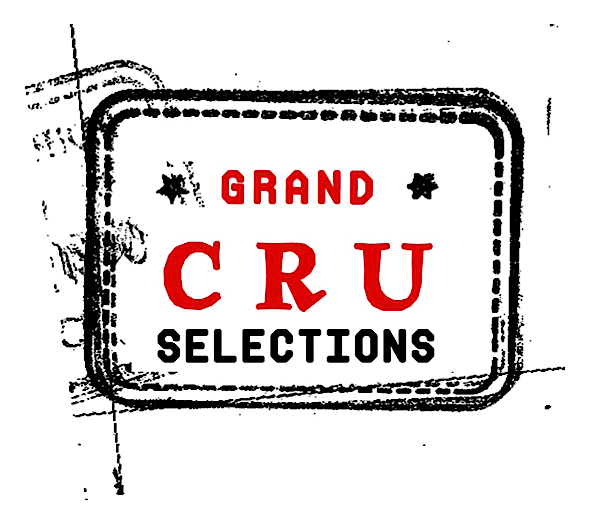Marko Fon
Kras, Slovenia
Marko Fon
The wines of Friuli hold a special place in our hearts and our portfolio. We’re lucky to work with several excellent producers - Venica & Venica, Ronco del Gnemiz, Borgo del Tiglio and most recently, Miani - that have become benchmarks for the region. With such a focus on Friuli, it should come as no surprise that we jumped on the opportunity to work with a Marko Fon. After all, he is just over the Italian border, an hour drive from our four Friulian producers.
Marko organically farms four hectares on the Slovenian Carso, a plateau of limestone, full of remote old parcels (some approaching their hundredth birthday) of Malvazija (Malvasia Istriana) and Vitovska. His vinification style does not incorporate any overt elements of skin contact or maceration and everything is aged in a combination of old barrels and stainless steel. The results tend toward the textural, floral, and saline side of things - everything we’ve come to love from white wines made in that part of the world.
-
The domaine was established in 1989 by Marko’s father. Marko’s first vintage after his father’s death was 1993. Today, he painstakingly farms just over 4 ha of vines scattered around the Slovenian Carso, or Kras as the local know it. His various plots are treated with organic remedies and techniques and harvested individually over several months. He works only with the distinctive local grapes Malvazija, Vitovska and Teran, which Marko believes are the only varieties that truly excel here. A man shroud in mystery and mysticism, his wines come with little to no explanation but are highly coveted by fans.
-
The Kras is tiny wine region located in both Slovenia and Italy. Historically, the Slovenian part was mostly dominated by wine co-operatives not focused on quality. As a result, there's not a lot of local knowledge. On the Italian side of the Carso the production is even smaller but that's a more developed tradition, mostly as a result of Edi Kante, a contemporary of Gravner and Radikon. In the late 80s, they all starting focusing on bettering their farming and then made the transition from aging in steel/concrete to barrel.
Carso's soils are based on exposed limestone rock. Some vineyards, especially on the Italian side are on pure rock. If there is soil on top of limestone it is red clay based. The other big factor is the Adriatic coast. The Italian side faces the Adriatic Sea and is less than two miles away from water. The vineyards on the Italian side of the border are on the first slope while the Slovenian vineyards are right behind that slope in a valley.
Marko likes to point out that the Slovenian Carso is slightly different because the coastal effect is less impactful and the agricultural practices are less modern.
-
Marko is obsessed with his vineyards. He owns very few of them and many are old vineyards that he is leasing from families who can't farm the vineyards anymore. His 4.4 hectares are made up of 16 different plots and his most distant parcels have over 30 miles in between them.
In the past, the vines were probably trained on a pergola but he has moved towards goblet. His viticulture is organic without any biodynamic techniques. He is literally a one man show and he does all the winter pruning himself.
Harvest is done parcel by parcel even if there are different grapes in one parcel. The Vitovska and Malvasia are not single vineyard wines but he does blend fruit corresponding to the age of the vines. One wine is made from vines less than 35 years old and another labeled Selectionze or Riserva from older vines.
-
In the past he has experimented with longer macerations but in the last 7/8 years he has moved to a very short maceration: 1 -2 days, never more than 4. The fermentations are done outside in open top wooden barrels or plastic bins. After a short maceration the wines are pressed. Some plots go into old barrels, some barriques, some tonneaux, and some bigger 7,000/10,000L botti. Some plots, like Quattro Stati go into glass. There are some wines that in some vintages are aged exclusively in glass. Bottling is done early with most of the wines bottled before the next summer.
Wines
Malvazija
Not a single vineyard wine, a selection of fruit from vines around 35 years of age and ages for one year in old barrels.
Malvazija Selezione
Not a single vineyard wine, just a selection of fruit coming from older vines.
Quattro Stati
A single vineyard Malvazija that is own-rooted from over 100 years old vines. It is aged entirely in glass.
Vitovska
Comes from vines around fifty years old and ages for two years in large barrels.

